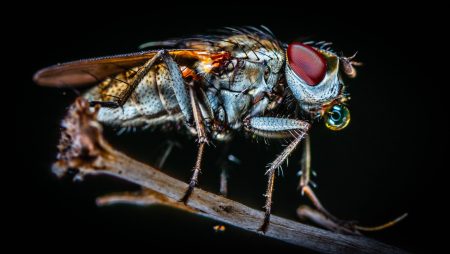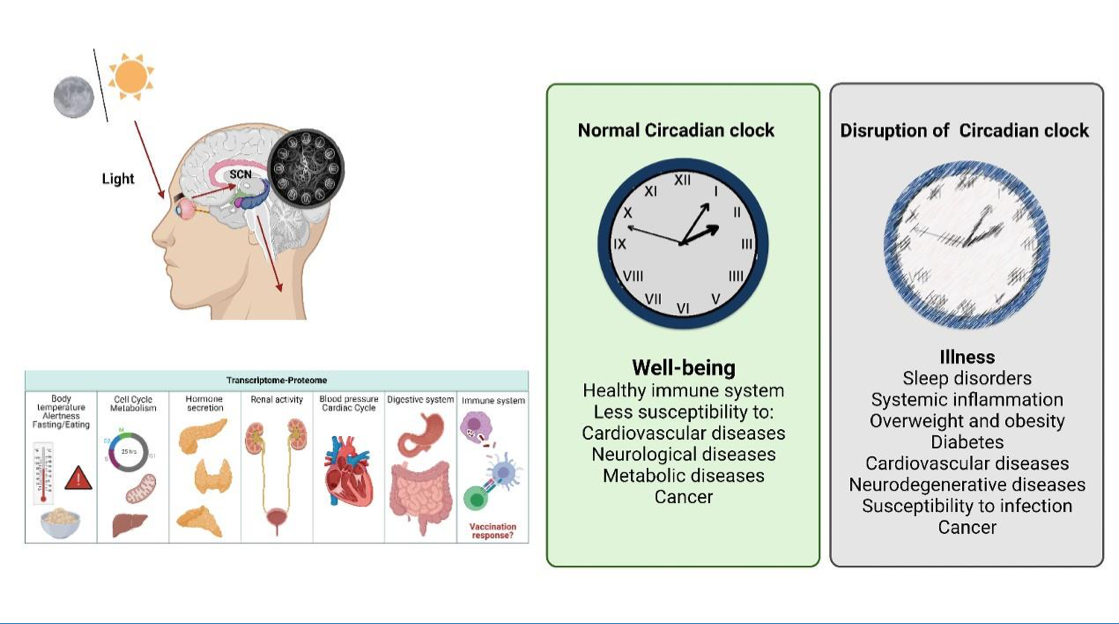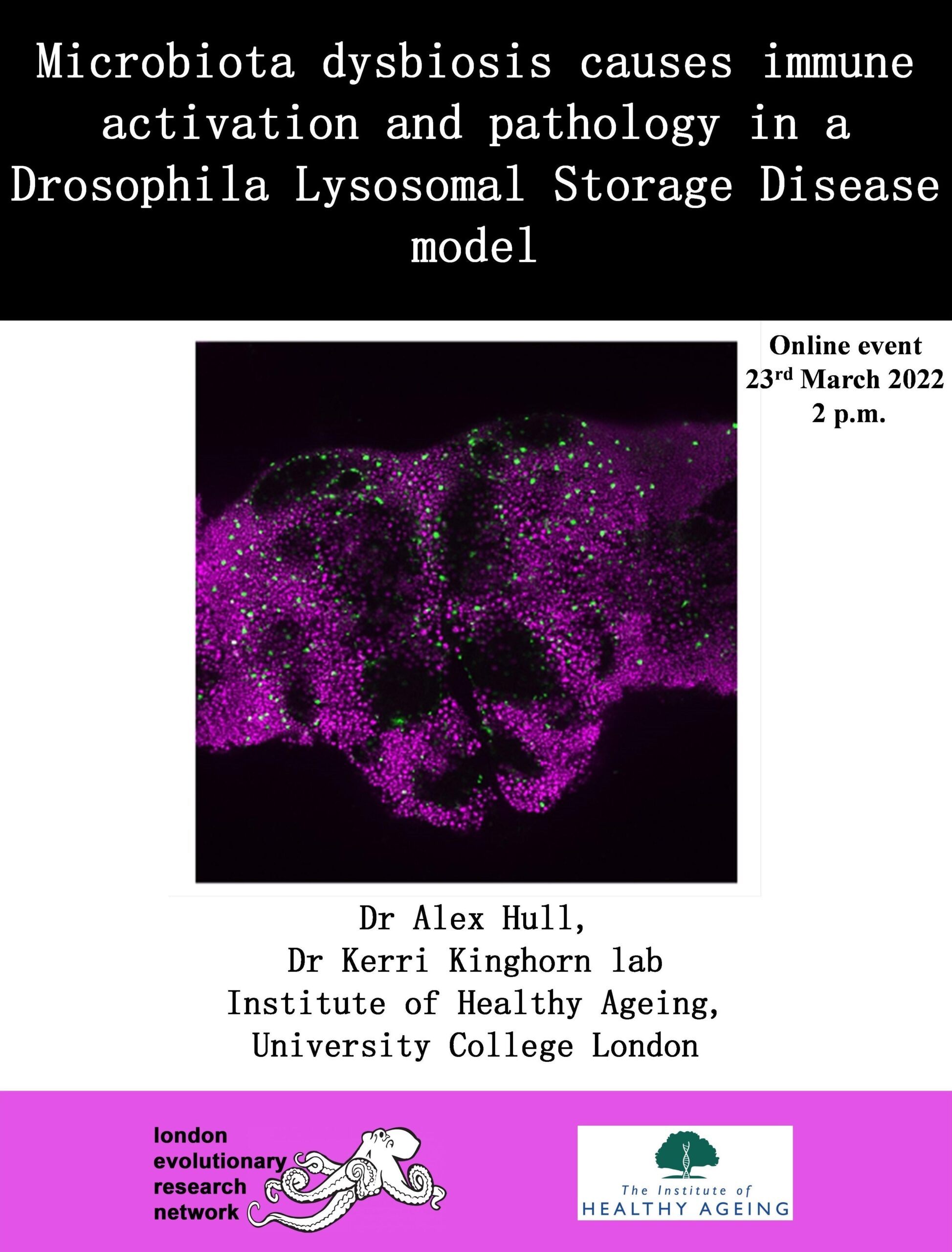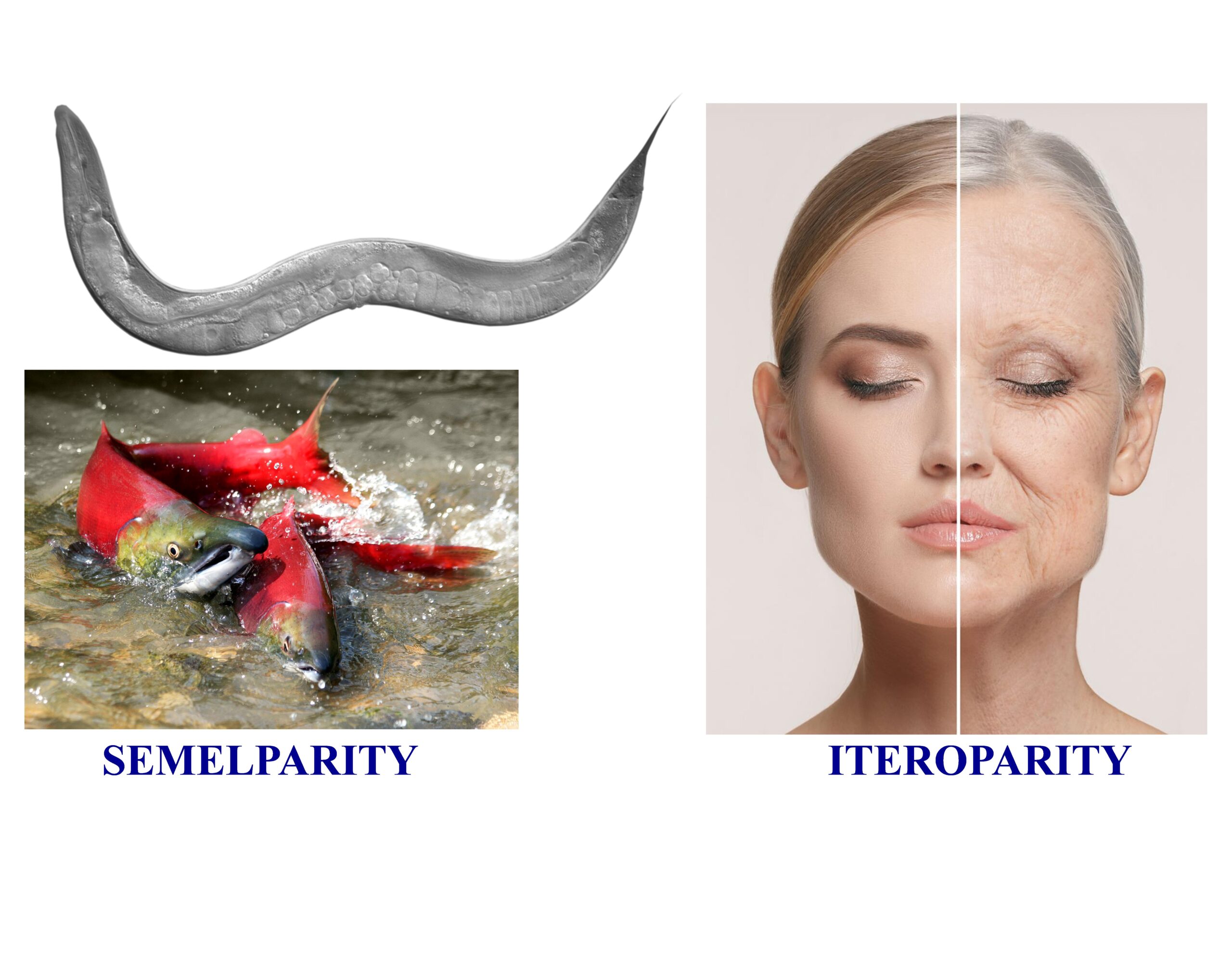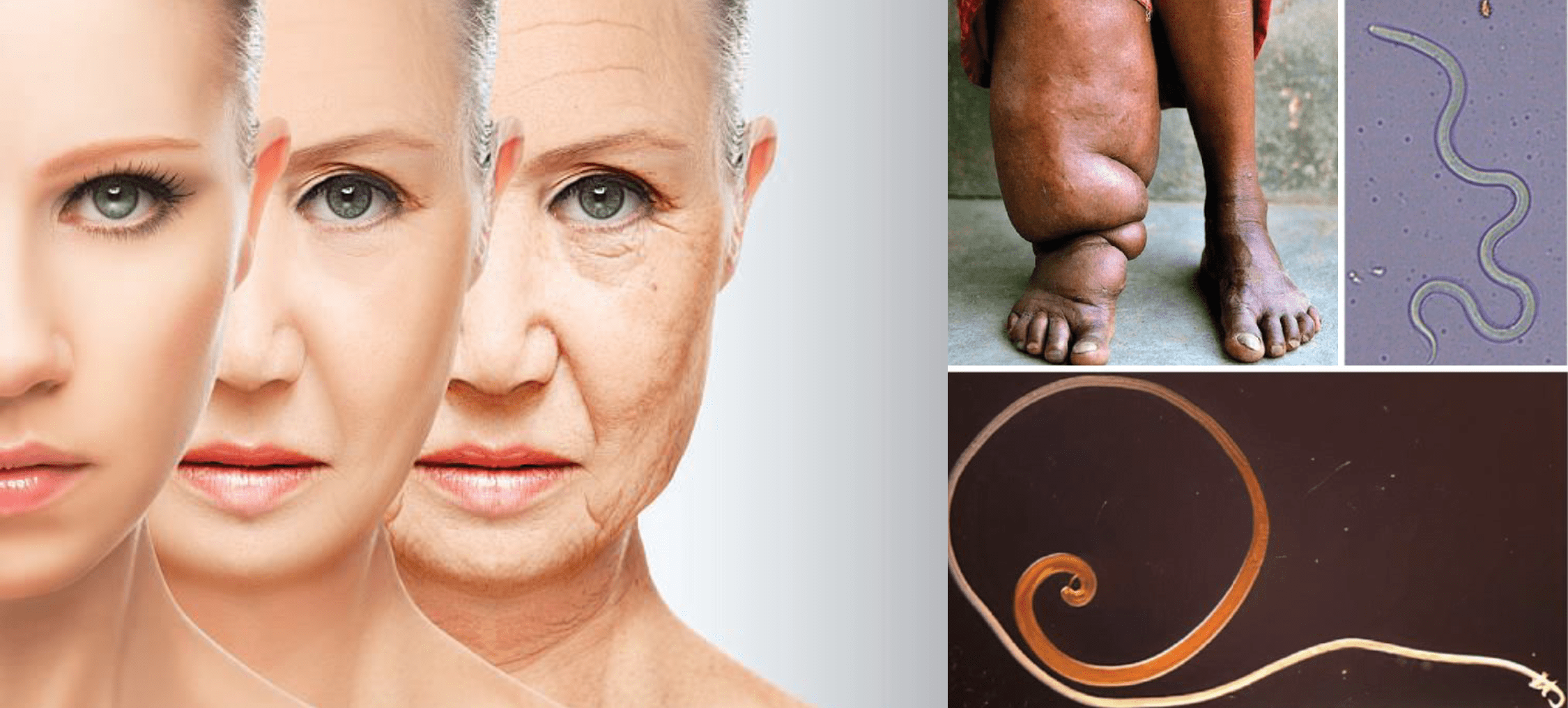The annual LERN conference brings together evolutionary biologists from London and beyond.
5th of November 2014 at Queen Mary University of London.
You can download the programme here (conference_booklet_online).
Mile End Campus of Queen Mary University of London, in the Fogg Lecture Theatre.
Keynote Abstracts
Dr Michael Price (Brunel University): Conflict Is the Mother of Morality
People often view morality as something like the opposite of social conflict: a force for good which counterbalances the evil that humans do to one another. One major problem with this view is that it misses a more fundamental point: were it not for conflict, people would have no use for morality at all. This perspective applies both to moral systems that evolve in response to warfare between groups, and to those that emerge from within-group conflicts between individuals and factions. To illustrate how conflict generates morality, I’ll describe studies on moral emotions such as anti-free rider sentiment, egalitarianism, and opposition to promiscuity. These studies shed light on the kinds of social conflicts that our moral emotions evolved to solve.
Dr Chris Faulkes (QMUL): Social evolution and adaptations in African mole-rats
African mole-rats of the family Bathyergidae form the largest of the extant African families in the rodent suborder Hystricomorpha. Since the discovery of eusociality in the naked mole-rat (Heterocephalus glaber), there has been increasing interest in the family as a model mammalian system for unraveling the evolution and maintenance of vertebrate sociality and cooperative breeding. The unusual characteristics exhibited by naked mole-rats and other bathyergids result from adaptations to the extreme demands of the subterranean niche, culminating in the unique ‘insect-like’ social system of the former. A mole-rat living underground as part of a complex cooperatively breeding society requires a suite of neurobiological and physiological specializations imposed by the constraints that this lifestyle demands, while retaining some flexibility to respond to environmental changes (e.g. variation in rainfall and food supply). Extreme adaptations to the subterranean niche have conferred a number of features that are currently stimulating research across a wide range of disciplines.
Conference Programme
| 09:00 | Registration |
| Session I | |
| 09:30 | Welcome |
| 09:40 | Keynote lecture |
| Dr Chris Faulkes (QMUL): Social evolution and adaptations in African mole-rats | |
| 10:20 | Dominic John Bennett (Imperial College): Rats, platypuses and evolutionary dead-ends: how observed tree imbalance implies reduced rates of diversification for the evolutionary distinct |
| 10:40 | Matthew Gwynfryn Thomas (UCL): Gift games among Saami reindeer pastoralists |
| 11:00 | Coffee break |
| Session II | |
| 11:20 | Steven Dodsworth (QMUL): Genomic rubbish has phylogenetic signal |
| 11:40 | Lucy van Dorp (UCL): Evidence of social marginalisation leading to strong genetic differentiation among the Ari of Ethiopia |
| 12:00 | Arunas Radzvilavicius (UCL): Evolutionary conflict resolution during the early stages of eukaryogenesis |
| 12:20 | Lunch and posters |
| Session III | |
| 13:00 | Keynote lecture |
| Dr Michael Price (Brunel University): Conflict Is the Mother of Morality | |
| 14:00 | Gül Deniz Salalı (UCL): Future discounting in hunter-gatherers declines with transition towards a non-egalitarian social structure |
| 14:20 | Alison Wright (UCL): Independent origins of the avian Z chromosome reveal contrasting short- and long-term dynamics of sex-specific selection |
| 14:40 | Coffee break |
| Session IV | |
| 15:00 | Joanne Littlefair (QMUL): Maternal effects in the immune system of the Indian meal moth, Plodia interpunctella. |
| 15:20 | Dominic Swift (Imperial College): Analysis of shark transcriptomes reveals evidence of positive selection in genes associated with an evolutionary reversal to aplacental viviparity. |
| 15:40 | Coffee break |
| Session V | |
| 16:00 | Lightning talks (5 minute talks) |
| Jose Barba-Montoya (UCL): Angiosperm Divergence Times: a phylogenetic analysis of genome-scale data sets | |
| Olwen Grace (RBG Kew): Desert plant evolution and the conflicts of climate change | |
| Gavin Rutledge (University of Cambridge): Anopheles gambiae: analysis of DNA Sequence Variation | |
| Mark Dyble (UCL): Food Sharing and Production among Agta Hunter-Gatherers | |
| Viola Walther (QMUL): Can Oncology Recapitulate Paleontology? What oncologists might learn from species extinctions | |
| Gustav Milne (UCL): Urban Gangs: palaeolithic hunters in a concrete jungle? | |
| Ivana Pilizota (UCL): Lessons on homology: inference and applications | |
| 16:40 | Closing remarks |
How to get there
The conference took place in the Fogg lecture theatre, in the Fogg Building, at the Mile End campus of Queen Mary University of London.

